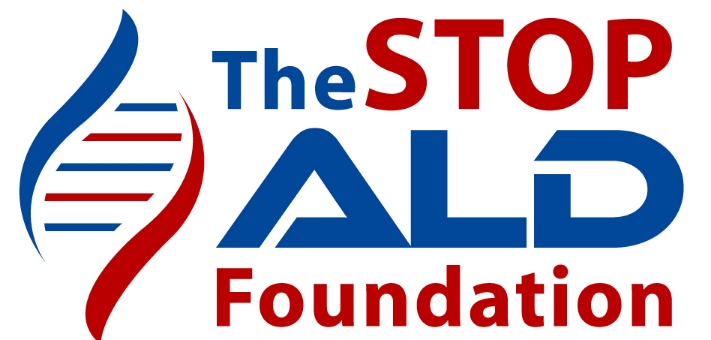An ALD Connect workgroup lead by Rachel Salzman, CSO The Stop ALD Foundation, and Kendrick Goss, Scientist II at bluebird bio provided an update at the ALD Connect/ULF meeting in Baltimore July 30 - August 3, 2014. A list of potential treatments were considered and narrowed down to the following:
- Ampyra, a K+ Channel blocker, is said to improve nerve conduction, however no published data exists for ALD/AMN. It is approved for MS.
- MD 1003, an anti-oxidant, is energy producing in neurons and repairs demyelination. Data on one AMN patient was reported and a multi-center AMN trial is being launched in Europe (not available in the US). Contact: jf.dhainaut@ela-fondation.com
- EPI-743, an anti-oxidant, shown to reduce oxidative stress in vitro. An AMN trial is close to being initiated in Italy. Contact: Keith Van Haren at kpv@stanford.edu
- Natalizumab, an anti-integrin, is known to block lymphocyte infiltration in CNS. In-vitro data has been reported but not published. ALD experts have a strong interest in pursuing. It is approved for MS.
- AAV, an in vivo gene therapy treatment. In-vitro and in-vivo mouse data has been shown to lower VLCFAs. More work is ongoing to further prepare for a human study (not prior to 2016).
- Sobiterome, a thyroid agonist that up regulates ABCD2. In-vitro and in-vivo data has been reported but not published. A clinical study is under design.
Team members will continue to consider how to best move forward efforts.
Team members include:
- Joshua Bonkowsky, Univ of Utah
- Nancy Braverman, McGill
- Marie-Josee Duran, ELA
- Florian Eichler, Mass General
- Ali Fatemi, KKI
- John Fink, Univ of Michigan
- Kendrick Goss, bluebird bio
- Stephan Kemp, Univ of Amsterdam
- Troy Lund, Univ of Minnesota
- Sanjay Magavi, Vertex
- Alex McCampbell, Biogen Idec
- Patricia Musolino, Mass General
- Asif Paker, bluebird bio
- Rachel Salzman, The Stop ALD Foundation
- Keith Van Haren, Stanford.
- Inna Tzvang, ALD Connect
